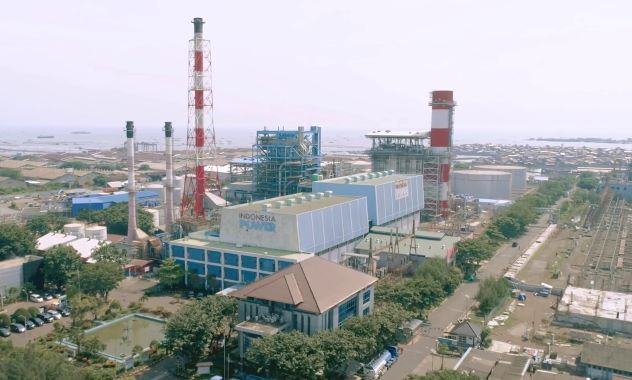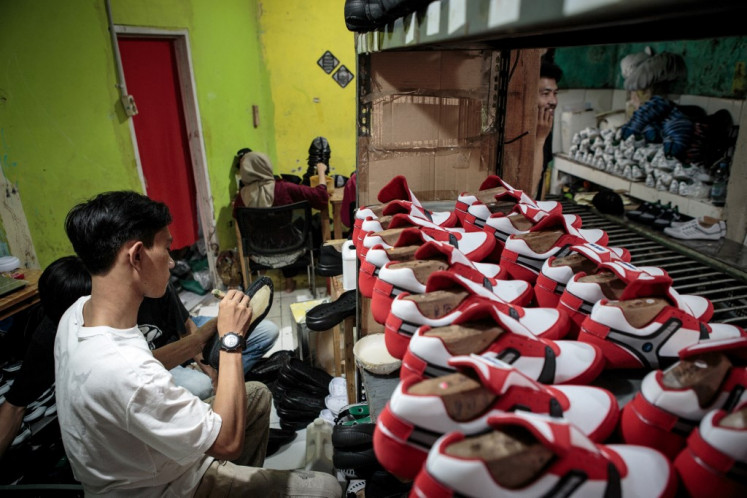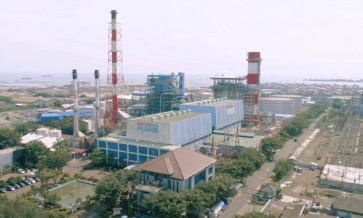Popular Reads
Top Results
Can't find what you're looking for?
View all search resultsPopular Reads
Top Results
Can't find what you're looking for?
View all search resultsIndonesia at COP30: Powerhouse or empty promise?
Carbon capture and storage (CCS) is no ordinary infrastructure, it involves cross-sectoral coordination, long-term liability management and public trust. None of which can be assumed to function automatically.
Change text size
Gift Premium Articles
to Anyone
T
he 30th Conference of the Parties (COP30), the world’s largest international meeting on climate change, is coming up in Belém, Brazil. The delegates are meeting during a time of fragmented global climate leadership. Carbon emissions and the effects of climate change are continuing to rise.
Who carries the torch for effective, durable climate leadership? Geopolitical schisms and trade wars have weakened the potential for climate cooperation, green finance, and technology sharing. While the United States also withdrew from the United Nations Framework Convention on Climate Change (UNFCCC).
In this context, the Global South has an opportunity to claim climate leadership at COP30. Indonesia is one of the best-placed to take the lead.
Indonesia, as the largest emitter in ASEAN, aims to reduce its greenhouse gas emissions by at least 31 percent by 2030 relative to its business-as-usual scenario, playing a critical role in enabling the region’s path to net-zero emissions.
However, the current climate plan laid out by Indonesia is deemed “highly insufficient”. While the country is implementing the US$20 billion Just Energy Transition Partnership (JETP), its emissions continue to rise. Indonesia is also limited by a debatable sustainable finance taxonomy, which creates space for “transitional” activities, including Carbon Capture and Storage (CCS).
Ideally, we want to switch to cleaner energy sources like wind, solar or hydrogen that don’t produce carbon dioxide at all. But changing everything overnight isn’t easy, it takes time, money and new technology. CCS acts as a bridge, it helps reduce pollution now while we work on switching to cleaner, zero-carbon energy systems. It buys us time to decarbonize without having to immediately shut down existing factories and power plants.
While critics argue CCS prolongs the use of fossil fuels, other experts outline its important role in a net-zero technology mix, especially for carbon intensive countries in the Global South such as China and Indonesia.



















